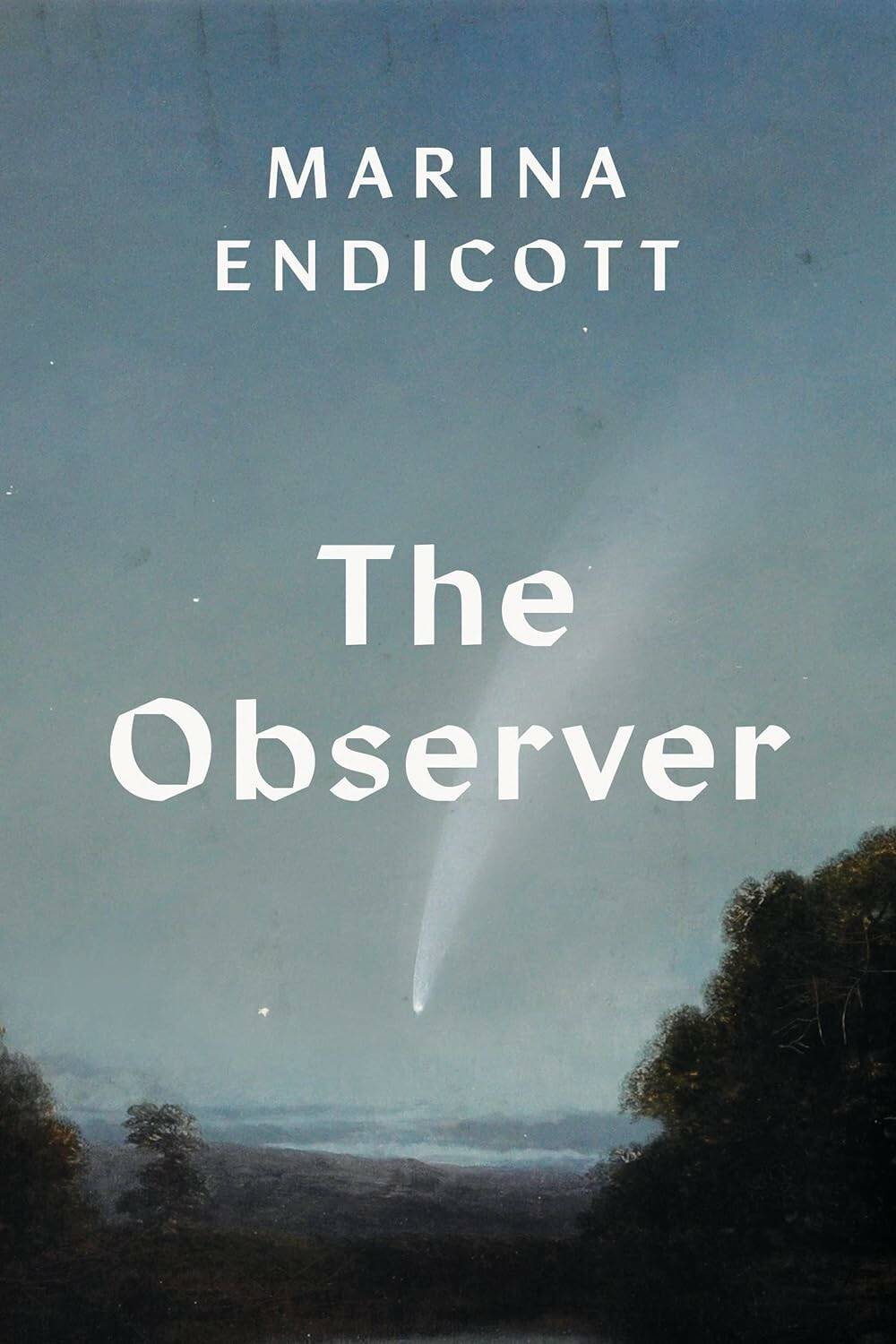Isolation of rural life captured in taut, powerful prose
Advertisement
Read this article for free:
or
Already have an account? Log in here »
To continue reading, please subscribe:
Monthly Digital Subscription
$1 per week for 24 weeks*
- Enjoy unlimited reading on winnipegfreepress.com
- Read the E-Edition, our digital replica newspaper
- Access News Break, our award-winning app
- Play interactive puzzles
*Billed as $4.00 plus GST every four weeks. After 24 weeks, price increases to the regular rate of $19.00 plus GST every four weeks. Offer available to new and qualified returning subscribers only. Cancel any time.
Monthly Digital Subscription
$4.75/week*
- Enjoy unlimited reading on winnipegfreepress.com
- Read the E-Edition, our digital replica newspaper
- Access News Break, our award-winning app
- Play interactive puzzles
*Billed as $19 plus GST every four weeks. Cancel any time.
To continue reading, please subscribe:
Add Free Press access to your Brandon Sun subscription for only an additional
$1 for the first 4 weeks*
*Your next subscription payment will increase by $1.00 and you will be charged $16.99 plus GST for four weeks. After four weeks, your payment will increase to $23.99 plus GST every four weeks.
Read unlimited articles for free today:
or
Already have an account? Log in here »
Hey there, time traveller!
This article was published 07/10/2023 (731 days ago), so information in it may no longer be current.
In Marina Endicott’s latest novel, the Saskatoon author delves into her own autobiographical history for subject matter. It’s a successful tactic since The Observer reads like a true story.
The Observer’s protagonist is Julia, her first-person narrative an account of the challenges she deftly navigates as a newcomer in a small Prairie town. To add to her sense of isolation, Hardy, the ex-urbanite’s common-law spouse, is a newly posted RCMP officer.
The couple’s story is set in fictional Medway, a stand-in for Mayerthorpe, Alta. Endicott has also explored this dark Mayerthorpe subject matter in poetry. Based on her own experiences, the author entered a suite of poems about the 2005 murders of four RCMP constables into the CBC Poetry Prize; for her efforts, it was shortlisted. The dramatic and dark subject matter resonated enough with the author to expand it into a novel.

The Observer
Endicott could have just as easily used her personal life material for a tell-all memoir. Instead, she sagely employs the semi-detached tools of fiction to relay first-hand the trials, tribulations and exigencies of an embattled couples’ storied life. The Observer is an authentic account of what it’s like to be immersed — while domestically isolated — in the RCMP’s insular culture.
Any small-town Prairie resident will twig to the realist tone and subject matter of The Observer. Endicott eloquently captures the sense of isolation and loss that Julia grapples with as an RCMP spouse in an unfamiliar town. She’s like a modern-day pioneer straight out of Susanna Moodie’s 1852 classic Roughing it in the Bush.
As seasoned dramaturge — just like Endicott — Julia’s romantic, urban sensibilities conflict with the gritty reality of an RCMP detachment spouse. Hardy works long hours in adverse conditions and returns home exhausted with little to give back to Julia. As the story progresses, Julia’s sense of isolation mounts as Hardy, who now suffers from PTSD, withdraws further into depression.
“I sat by the bed in the morning holding [Hardy’s] ankle, watching him sleep,” Endicott writes. “Soon he would wake up and go out, brave as a lion, strong as a rock, etc. Still not talking much. Open to death, as we all are, but standing right in the door, catching the cool breeze of it.”
Julia accepts a temporary job at the local paper, The Observer, and the two characters’ experiences of Medway run parallel but rarely intersect. Hardy is close-lipped about his police work, while Julia writes up crime stories from RCMP media releases.
This effective narrative technique reflects the growing emotional gap between Hardy and Julia. She is in Medway but not “on the job” like Hardy. Julia is not a local, either. For her, the Medway posting is a harsh, domestic life of geographical and social exile with the prospect of “parole” a distant hope. Endicott depicts Julia’s humble daily routine while the narrative drifts into a dark place. When the naïve couple adds a baby to the family, the challenges become insurmountable.
“I missed talking. I talked to my sisters on the phone from time to time, and more rarely to my brother in England. But we were frugal with long distance because we had to be when every minute added up. I began to write letters but that was mostly to myself, because the responses were so delayed.”
At its core, The Observer is a taut psychological drama. Its central characters are vulnerable, stoic and eventually broken by the exigencies of rural life. The unrelenting demands of police work take their toll on Hardy, who is pushed to the breaking point while Julia looks on, helpless.
This gripping novel is a well-crafted narrative, typical of the fluent mastery Endicott displays in her previous works. (Her novel Good to a Fault won the 2009 Commonwealth Writers Prize and was a finalist for the Giller Prize.) The Observer is populated with believable characters trapped in difficult circumstances.
Will Julia and Hardy’s shared adversity draw them closer together, or break them apart? Read The Observer and find out for yourself.
Ex-urbanite Patricia Dawn Robertson makes her home in a small Prairie town. Her forthcoming satiric memoir, Media Brat, is a coming-of-age story that extols and debunks Canadian sport from the sidelines.

